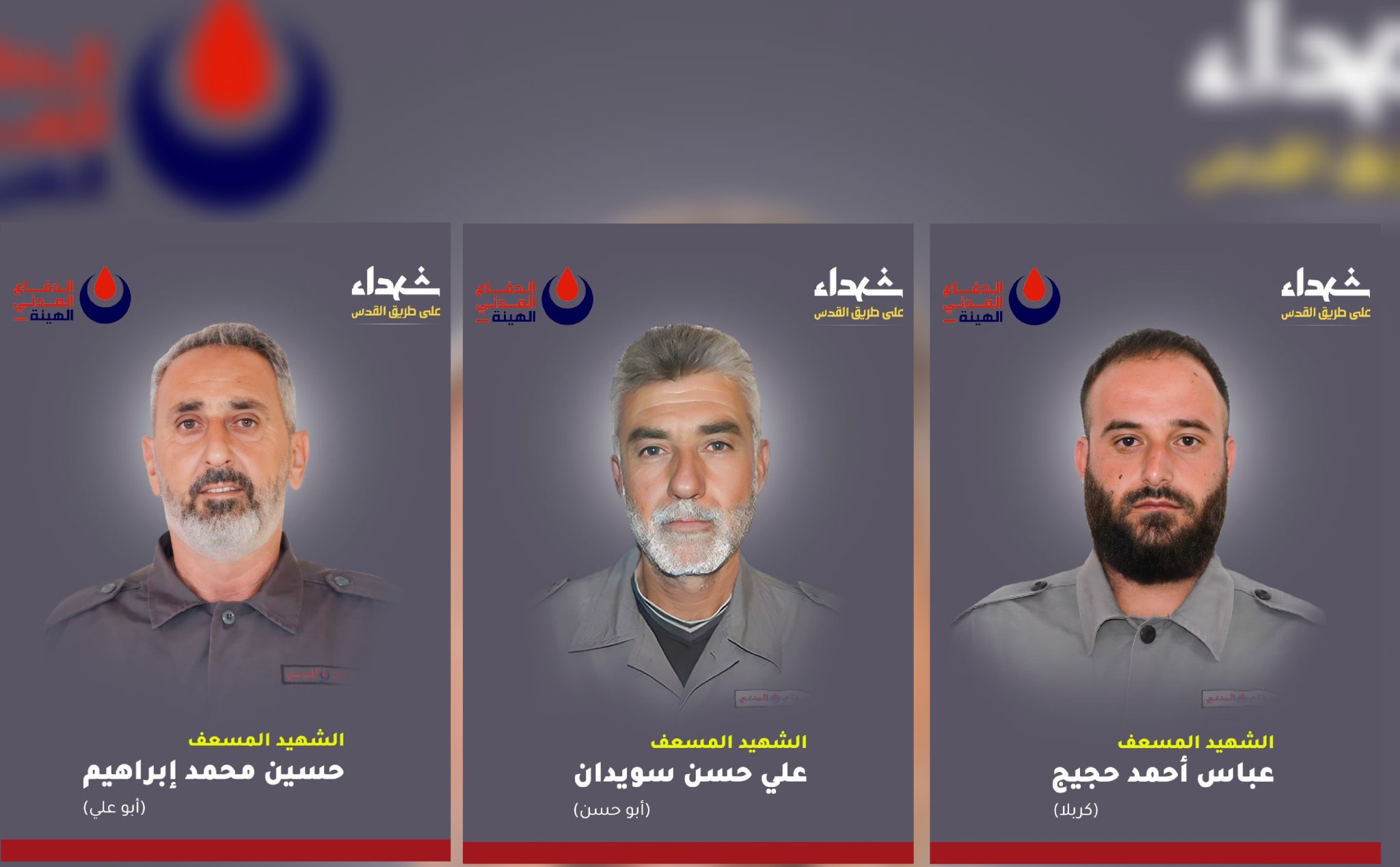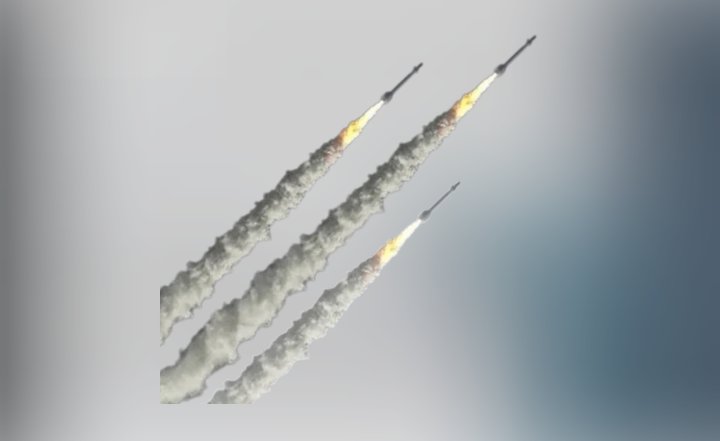By: Sammi Ibrahem,Sr

The Lebanese army is moving away from forcibly opening roads, especially the artery of Beirut – the north that is clearly cut by Lebanese forces, with clear US warnings to prevent “bloodshed” even if the roads remain closed. The army is waiting for a political exit instead of launching a “salty hand,” but the continued blocking of the war threatens a civil conflict
As every time the country passes a major internal merit, the Lebanese army faces a difficult test. Between the duty to preserve the security and protection of the Lebanese, and the danger of clashing with any internal group of people, the army is walking over a minefield, at a crucial moment in the life of Lebanon and the region.
In the present circumstances, things are getting more complicated, under the pressure of the street and the political rams in the background, as well as American and Western caveats that have little impact on the military’s choices.
In the description, since the first day of the SPLM on the eve of the famous government session (October 16, 2019), the confusion over the work of the security and military apparatus, in the absence of a political decision, has become apparent. When the protests spread in the country the following day and beyond, it became clear that the security and military, especially the army, were careful not to clash with the demonstrators and let the wave of anger pass without loss.
Today, aside from the political vision set by Hizbullah Secretary General Sayyed Hassan Nasrallah in his speech yesterday, it has become clear to the security and military agencies internal and external political agendas, which exploit a fraction of the popular anger to settle scores and score points, with the presence of large numbers of Angry citizens, non-partisans, rushed to the street after accumulated misery.
But pretending is one thing, and disrupting life is another. Today, the country is paralyzed not only by political demonstrations and “greenbacks”, but by the blocking of the main highways, especially the coastal road from Beirut to the north, and in Beirut, at two important points, the Chevrolet Roundabout and the Ring Bridge, in addition to the constant threat of blockage. South, from Khaldeh to Saadiyat to Naameh to the entrance to Khroub province.
What are the military and security forces doing? In a meeting yesterday between the leaders of the agencies and the army commander, General Joseph Aoun, it was agreed to work on the opening of roads, gradually, “easier to difficult”, and the participation of all security services in this work. Although this is the responsibility of the Internal Security Forces (ISF), which is legally responsible for internal security, the army was originally mandated to support it by a 1990 Cabinet decision.
On this basis, patrols of the army, public security, internal security forces and state security were launched yesterday in more than one direction, to open roads, with a clear decision not to use force. This decision stems from several caveats: First, Nasrallah and President Michel Aoun do not want to use the lethal force to open the roads to convince them that Prime Minister Samir Geagea is “riding” the wave of popular anger, but he is not alone in Jal el Dib and Zouk, but with citizens who have nothing to do with him. And he is looking for this civil clash with the army, waiting for blood. Second, Western ambassadors and US Ambassador Elizabeth Richard intervened, delivering messages to presidents and army commanders that state repression of peaceful demonstrators would be punished by the United States with harsh penalties for officials, even if they cut off the country from Beirut to the north and south.
Thirdly, the atmosphere of the military establishment suggests that the army adopts a long-term policy in order to gain time waiting for a political solution before the field move, considering that the Lebanese forces withdraw from the street in case of political pressure on them, specifically from Prime Minister Saad Hariri and President Nabih Berri, which the army relies on Instead of entering into a clash sought by the troops, while covering them with other demonstrators. In addition, any attempt to open roads by force led to an increase in the number of demonstrators, as happened a few days ago in Zouk, the army noted. According to the information, MP George Adwan promised Army Commander Joseph Aoun to “help” to open the roads in Zouk and Jal El Dib, as if the forces were playing the role of “reformer”, not the main engine of the reality of cutting off the Beirut-North road and paralyzing North Mount Lebanon.
However, this is reflected in restlessness within the FPM officials and its base from the army commander, with a clear distinction of the position of the President of the Republic, which tries to maintain a balance between the interest of the current and the army. However, this “disturbance” between Joseph Aoun and Minister Gebran Bassil is not the result of his time, but rather a continuation of a series of disparities based on Bassel’s fear that Aoun would become a serious candidate for the presidency, and the ambition of the army commander, whose ambitions are beginning to take shape, on the basis of his “right”. This undeclared rivalry between the two sides took many forms, from talk of austerity within the army and a reduction in part of the allocations of military and officers, to the recent incident in the case of the arrest of Canaan Naji, and the attack by Defense Minister Elias Bou Saab on the army leadership and the Directorate of Intelligence from this background.
But apart from the reasons and justifications provided by the army, the result remains the same: the continued blocking of roads on the hundreds of thousands of Lebanese who use the North-Beirut road, and Geagea’s continued blackmail. This has begun to give rise to reasons for a Lebanese-Lebanese, specifically Christian-Christian clash, if it continues, as was the case that broke out yesterday in Chevrolet when supporters of the Free Patriotic Movement came to open the way. When institutions, notably the army, are absent, each side does what it deems appropriate by force, and the FPM is waving to “land on the ground,” mimicking the demands of hundreds of thousands of people who are affected every day by cutting the main artery from the north to Beirut. Does the army wait for clashes between political forces to move and open the roads to control security instead of “suppressing the demonstrators”? Maybe.



